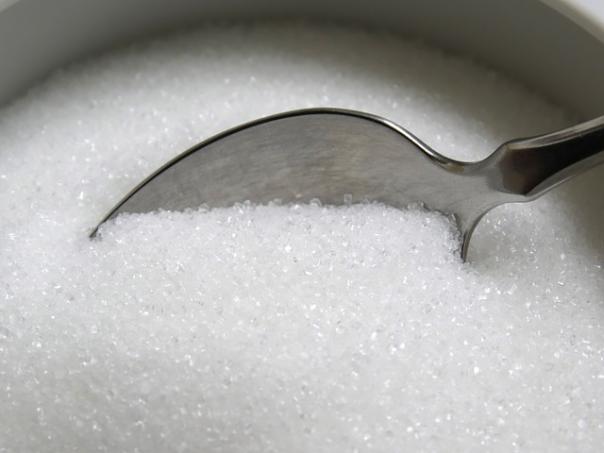
Osborne, said: "I am not prepared to look back at my time here in this Parliament, doing this job and say to my children's generation: 'I'm sorry - we knew there was a problem with sugary drinks. We knew it caused disease, but we ducked the difficult decisions and we did nothing'."
The 2018 date has been set to allow the industry time to adjust, the Chancellor said. £520 million is expected to be raised and will go towards primary school sports.
The campaign for a tax on sugary products began to gain momentum when Jamie Oliver partnered with charity Sustain and launched a petition, which gathered over 100,000 signatures.
We did it guys !!we did it !!! A sugar levy on sugary sweetened drinks ...... A profound move… https://t.co/0XkydLzLCo
— Jamie Oliver (@jamieoliver) March 16, 2016
We welcome the Chancellor's announcement of a sugar levy on soft drinks - a great step towards tackling #obesity #Budget2016 #SugarTax
— PublicHealthEngland (@PHE_uk) March 16, 2016
Since then, serparate research from Public Health England, Cancer Research and UK Health Forum, plus recommendations from The Scientific Advisory Committee on Nutrition (SACN) earlier in 2015 have all suggested that a sugar tax and reduction in the amount of sugar consumed would help solve the obesity crisis.
Malcolm Clark, co-ordinator of the Children’s Food Campaign, welcomed the Budget announcement today on a sugary drinks tax.
He said: “The Chancellor has taken a bold step in what we hope will be a key pillar of the Government’s forthcoming Childhood Obesity Strategy.
"On its own, a sugary drinks tax won’t solve the UK’s childhood obesity crisis, which is why it needs to be coupled with robust restrictions on unhealthy food marketing online and across all forms of media, including a 9pm watershed for TV advertising of junk food, alongside a series of other measures on reformulation, labelling and the provision of healthier, more sustainable food in our communities."